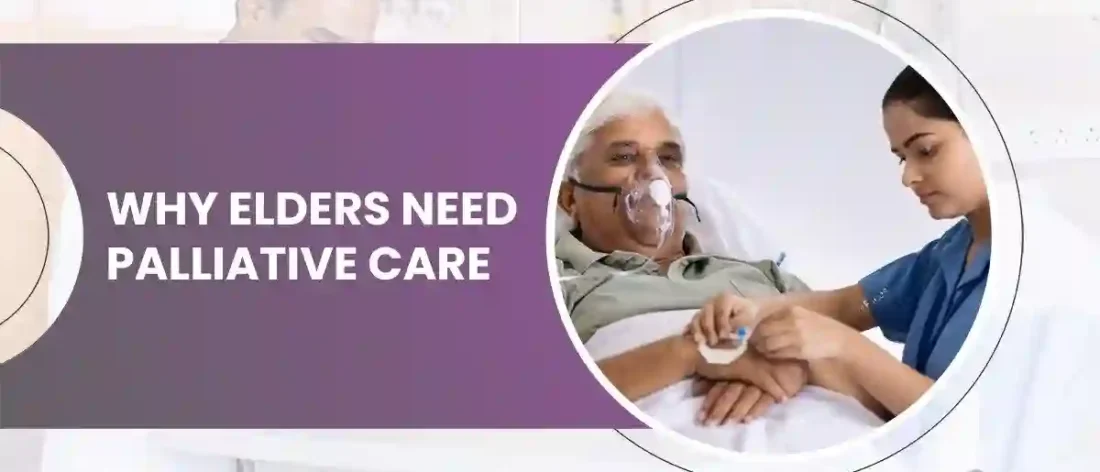In the realm of healthcare for older adults, palliative care emerges as a crucial element in elevating the quality of life for those confronting severe illnesses or approaching the end of their journey. Palliative care centers on the provision of comfort, pain management, and emotional solace, enabling seniors to embrace their final days with grace and minimal discomfort. This blog post will delve into the significance of palliative care for older adults and elucidate how it can substantially enhance their overall well-being.
Understanding Palliative Care
Palliative care stands as a comprehensive healthcare approach designed to enhance the well-being of individuals grappling with severe or life-threatening illnesses. Its core objective revolves around mitigating physical, emotional, and psychological distress, prioritizing comfort over curative interventions. Importantly, palliative care is not confined to end-of-life scenarios; it can be initiated at any point throughout a severe illness’s course.
Benefits of Palliative Care for the Elderly
- Pain and Symptom Management: One of the primary goals of palliative care is effective pain and symptom management. This includes addressing physical discomfort such as pain, nausea, and shortness of breath, ensuring that elderly patients are as comfortable as possible.
- Improved Quality of Life: Palliative care helps seniors maintain the highest possible quality of life by addressing physical symptoms and emotional and psychological distress. It provides emotional support and helps individuals cope with the challenges of their illness.
- Enhanced Communication: Palliative care teams facilitate open and honest communication between patients, their families, and healthcare providers. This communication helps patients make informed decisions about their care and express their preferences for end-of-life treatment.
- Emotional and Psychological Support: Serious illnesses can take a toll on mental health. Palliative care at care homes near you includes counseling and support for patients and their families, addressing emotional and psychological distress.
- Dignity and Respect: Palliative care emphasizes treating elderly patients with respect and dignity, ensuring that their values and preferences are honored in their care plans.
- Support for Family Caregivers: Family members often take on the role of caregivers, and palliative care offers support to caregivers, helping them navigate the emotional and practical aspects of providing care.
- Personalized Care Plans: Palliative care adopts a patient-centric philosophy, wherein care strategies are customized to suit each individual’s specific requirements and preferences. This approach guarantees that patients receive care in accordance with their personal values and aspirations.
When to Consider Palliative Care for the Elderly
Palliative care is suitable for elderly individuals who are terminally ill and coming to the end of their lives, including but not limited to cancer, dementia, heart disease, and chronic obstructive pulmonary disease (COPD). It is especially beneficial when:
- Treatments are no longer effective or desired.
- Pain and symptoms are difficult to manage.
- Emotional and psychological distress is evident.
- End-of-life decisions need to be made.
Palliative Care and Hospice Care: What’s the Difference?
Palliative care adopts a patient-centric philosophy, wherein care strategies are customized to suit each individual’s specific requirements and preferences. This approach guarantees that patients receive care in accordance with their personal values and aspirations.
In Conclusion
Palliative care is a compassionate and holistic approach to healthcare that can significantly improve the quality of life for elderly individuals facing serious illnesses or nearing the end of life. It prioritizes comfort, symptom management, emotional support, and respect for patients’ values and preferences. By embracing palliative care, we can ensure that our elderly loved ones receive the care and support they need to live their final days with dignity and as comfortably as possible. It’s a powerful tool for improving the well-being of seniors during their most challenging times.





